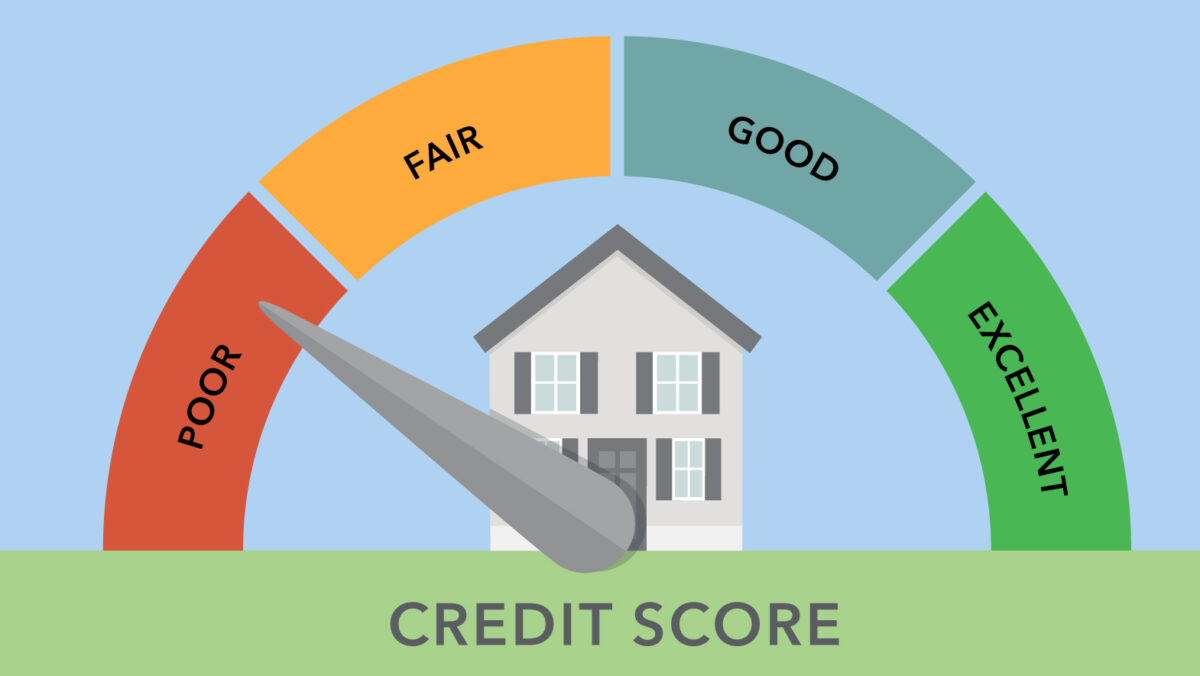The Impact of Your Credit Score on Home Loan Eligibility

Buying a home is an exciting journey, but it also involves careful financial planning. One key factor that influences your ability to secure a home loan is your credit score. Understanding how your credit score affects your mortgage eligibility can help you prepare better and make informed decisions. Here’s a simple guide to help you understand how your credit score affects your home loan eligibility and what you can do to improve it.
What Is a Credit Score?
A credit score is a three-digit number that reflects your creditworthiness, or how likely you are to repay borrowed money. Your credit score is calculated using data from your credit report based on your credit history, including your borrowing and repayment patterns. Credit scores typically range from 300 to 850, with higher scores indicating better credit health.
How Does Your Credit Score Affect Your Home Loan Eligibility?
- Approval Chances: Lenders use your credit score to gauge the risk of lending to you. A higher score suggests you are a lower risk borrower, making it more likely that you’ll be approved for a home loan. Conversely, a lower score can lead to a rejection or require more documentation.
- Interest Rates: Your credit score directly influences the interest rate you’re offered. Higher credit scores usually qualify for lower interest rates, which means you’ll pay less over the life of the loan. On the other hand, a lower score can result in higher interest rates, increasing the overall cost of your mortgage.
- Down Payment Requirements: With a higher credit score, you may be able to secure a loan with a smaller down payment. A lower score might necessitate a larger down payment to offset the perceived risk.
- Loan Terms: Your credit score can also affect the length and terms of your mortgage. Those with better credit scores often have access to more favorable loan terms, including longer repayment periods or lower fees.
How to Improve Your Credit Score before Applying for a Home Loan?
To improve your credit score before applying for a home loan, pay bills on time, reduce credit card balances, check your credit reports for errors, and avoid new credit applications.
Here are some effective steps you can take:
Check Your Credit Report: Obtain and review your credit report from major credit bureaus. Look for errors or inaccuracies and dispute any mistakes you find.
- Pay Your Bills on Time: Consistently paying bills on time is one of the most significant factors in maintaining a good credit score. Set reminders or automate payments to ensure you never miss a due date.
- Reduce Your Debt: Lowering your credit card balances and paying down loans can improve your credit score. Aim to keep your credit utilization ratio (the amount of credit you use relative to your total available credit) below 30%.
- Avoid New Credit Applications: Each time you apply for new credit, it can result in a hard inquiry on your credit report, which may slightly lower your score. Avoid making new credit applications before applying for a mortgage.
- Build a Positive Credit History: If you have a limited credit history, consider using secured credit cards or becoming an authorized user on a responsible person’s credit card to build a positive credit record.
- Seek Professional Advice: If your credit score needs significant improvement, consider consulting with a financial advisor or credit counselor for personalized guidance.
Related Post: What is a Loan Against Property?
Working with a Mortgage Professional
A mortgage professional can provide personalized advice based on your financial situation. They can help you understand how your credit score impacts your loan options and guide you through the application process.
Conclusion
Your credit score is an essential factor in securing a home loan and can influence both your approval chances and the terms of your mortgage. By understanding its impact and taking proactive steps to improve your credit health, you can enhance your chances of obtaining favorable loan conditions and achieving your dream of homeownership. Remember, good credit management is a long-term commitment, but the benefits are well worth the effort.
If you’re unsure about your credit score or need personalized advice, consider consulting with a financial advisor – Shubham Housing Finance. They can provide easy guidance and help you navigate the home loan process with greater confidence.






